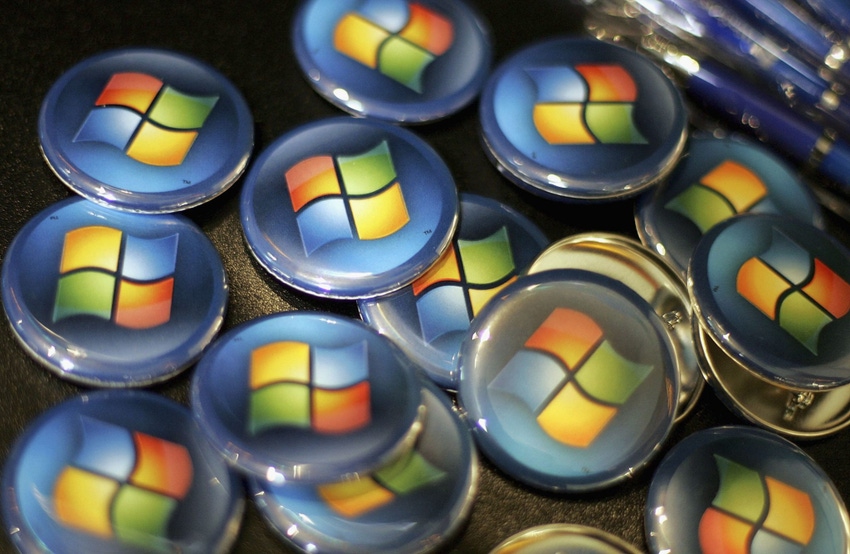Docker containers, once available only for Linux platforms, now run natively on Microsoft Windows and Apple's Mac OS X, creating new DevOps opportunities.

Docker containers are not just for Linux anymore. The company this week announced native support for its entire container platform on Windows and Mac OS X, too, a major step forward for platform-agnostic container deployment.
There have been unofficial attempts to bring the functionality of Linux-based containers to other operating systems since Docker first made LXC containers a big deal starting a couple of years ago. For example, Spoon has been working to do this since fall 2014, and now offers a platform similar to Docker containers for testing apps on Windows.
But that’s not the same thing as running Docker itself on Windows or OS X, which is now possible using official tools from Docker. Last week the company announced the beta release of native support for Docker on these two proprietary platforms.
“As a third-birthday gift to Docker users, we are excited to deliver this powerful evolution of our developer tools,” said Solomon Hykes, founder, CTO and Chief Product Officer for Docker. “Docker for Mac and Windows reflects deep OS system-level work from our Unikernel Systems team and demonstrates how, moving forward, we can leverage native platform capabilities to provide users with the same optimized Docker experience on all platforms. These integrated software packages are designed to remove an additional layer of ‘dependency hell’ for Mac and Windows developers by allowing them to develop directly inside a container.”
Docker is emphasizing the deep system integration of the new platform. Rather than relying on cross-platform virtualization tools to support containers on Windows and OS X, the solution uses native hypervisors, including Hyper-V. Docker also says it integrates directly with the networking, storage and security frameworks of the host systems.
Docker’s goal with the extended support is clear: It wants DevOps teams to be able to use containers to create and deploy software designed to run on any major operating system, using that system’s native functionality. What the company is doing is different in crucial ways from merely making it possible to use Windows or OS X to develop containers that will run on Linux. Now, programmers can do everything with Docker containers on proprietary systems that they could already do using Linux.
The only likely disappointment for developers is that the new platform support is not generally available yet. It remains in beta form, and you have to sign up on a waiting list if you want to try it out.
About the Author(s)
You May Also Like


